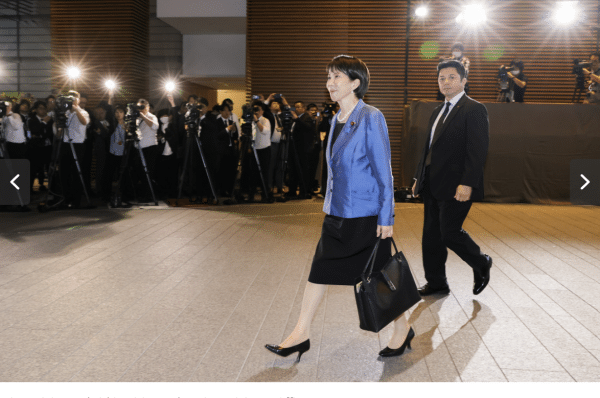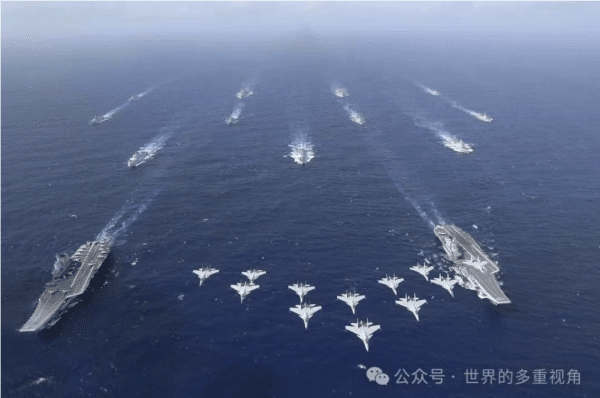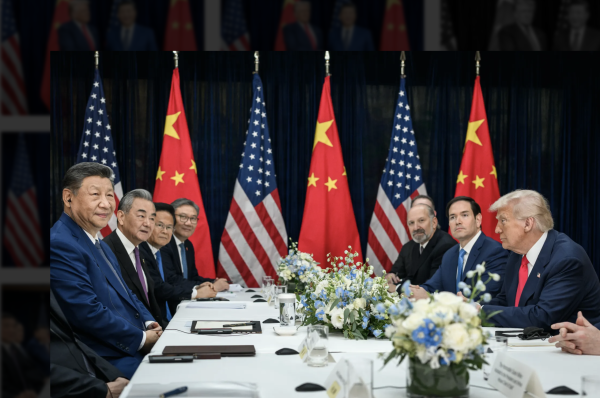President Trump’s Quiet Diplomacy Behind U.S.–China–Japan Phone Calls
- Yawei Liu
- 12/09/2025
On the occasion of fierce deterioration of China-Japan relations, President Trump seems to have revealed a quiet side. He was using phone calls in an effort to mediate for the sake of closing the trade deal with China. This approach needs to be applauded.
Read MoreJapan’s Prime Minister Takaichi Finally Says Something Close to What Beijing Wants to Hear
- Juan Zhang
- 12/04/2025
Prime Minister Sanae Takaichi’s recent comments on Taiwan, to some extent, tested how “unshakable” Beijing’s position on the issue truly is.
Read MoreHow Capable Are the U.S. and Japan of Intervening in a Taiwan Conflict?
- The World from Multiple Angles
- 12/03/2025
Japan does not have the capability to intervene on its own. The United States also needs a forward operating base. In practice, they would either intervene together or not at all.
Read MoreRemembering Joseph Fewsmith: The Passing of a Generation of China Hands
- Hu Wei
- 12/01/2025
Joe’s passing symbolizes the end—or near end—of an entire generation of American “China hands.”
Read MoreIn Call With Trump, Xi Says Taiwan Issue Extends Beyond China’s Internal Affairs
- Juan Zhang
- 11/25/2025
Chinese President Xi Jinping told U.S. President Donald Trump in a call Monday that Taiwan’s “return to China” is an essential part of the post–World War II international order.
Read More





